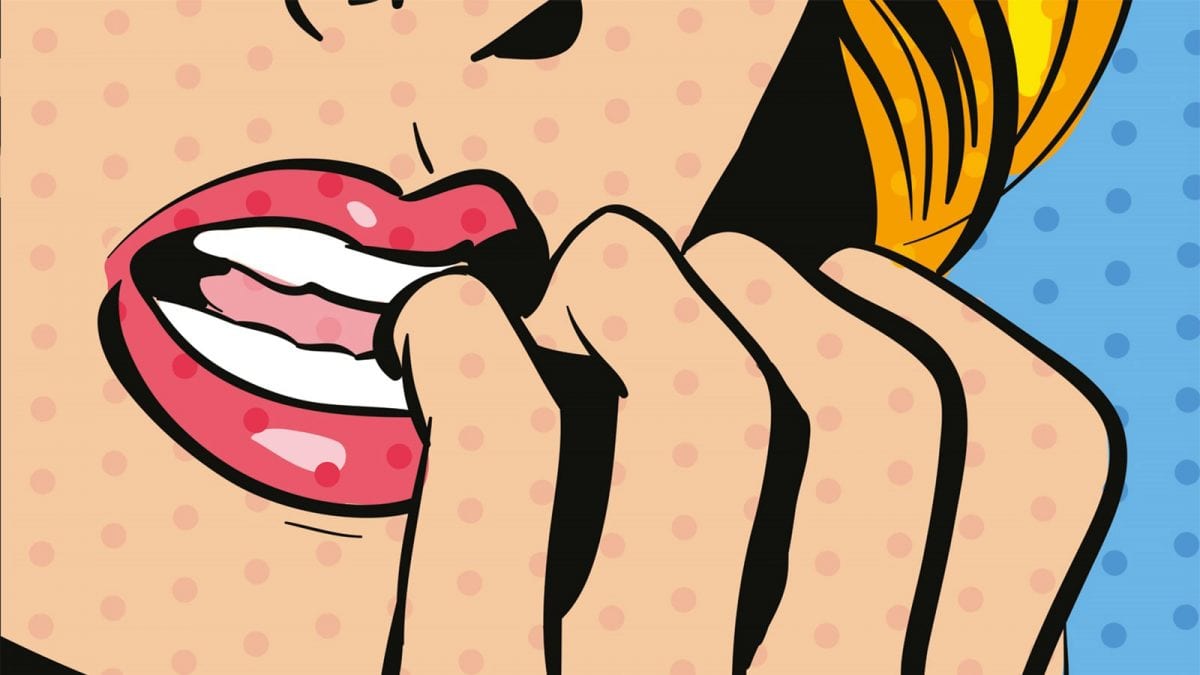Mental wellbeing is an important part of staying healthy at work, as well as at home. At the best of times, anxiety is all too common: effecting around 18% of adults in the USA. When global events and issues put more pressure on our emotional wellbeing, many more are likely suffering from one form of anxiety or another.
Despite the common nature of anxiety, people may not know that they are affected by it. Here are signs that you might be suffering from anxiety. If you identify with any of these points, or are otherwise concerned, you should consult with a professional as soon as possible.
Sign #1: Overreacting
One key sign of anxiety disorder lies in how you react to issues and potential problems. If you find yourself overreacting and blowing things out of proportion, this might indicate underlying issues. Worrying about all kinds of everyday and larger issues can be a sign of anxiety disorder.
In particular, people who suffer from anxiety tend to fixate on potential problems that might never happen, and worry about these potential catastrophes. It is common to overestimate the possibility of these things from happening in the future, and underestimate their ability to deal with them.
Sign #2: Restlessness
Another sign of anxiety disorder is restlessness, agitation or difficulty relaxing. This can mean that you find it difficult to relax and are continually worrying. This may manifest in the urge to keep moving and active: being literally unable to sit still. This is particularly true in children and teens, with 74% of children with anxiety disorder reporting restlessness as one of their key symptoms.
In adults and children, this may also show up in the form of sleep issues. If you find it difficult to go to sleep, or experience broken sleep, often waking up in the middle of the night, it could be a sign of anxiety. A troubled night’s sleep because of a specific issue or incident is normal, but if this occurs on a regular basis it could be time to consult with a GP or therapist.
Sign #3: Muscle Tension
Tense muscles are another common symptom of anxiety disorder. People suffering from anxiety often report tense muscles on a regular basis. It is not clear why this occurs, but it seems that anxiety causes us to tense our muscles, which can lead to muscle tension and aches.
You might notice this in sore or aching muscles. Alternatively, if you are clenching your jaw or balling your fists this can be a sign of anxiety. Although this is a symptom of underlying anxiety and it is important to treat this underlying cause, muscle relaxation, stress relief exercises and massage has also been found to be helpful in easing this tension.
Sign #4: Inability to Concentrate
People how suffer from anxiety disorder often find it difficult to focus or concentrate on tasks for any length of time. Additionally, one study found that that the severity of anxiety was correlated to the degree of difficulty concentrating.
This may be because anxiety affects our working memory, which is the kind of memory that is responsible for short-term memory. Because anxiety sufferer’s short-term memory is impaired, this makes concentrating extremely difficult. It should be noted that difficulty concentrating is also a symptom of several other conditions, such as attention deficit disorder. As always, it is important to consult with a professional if you notice this symptom.
Sign #5: Social Anxiety
If you find yourself avoiding social situations, or being nervous in the lead up to this, this may be a sign of anxiety disorder. It is normal to be a little nervous or uncertain about certain types of social situations, such as networking events or large groups of strangers.
However, people with anxiety disorder tend to have more extreme reactions to these situations, such as worrying for days or weeks before any social event. They also feel uncomfortable throughout the event, even if it’s going well, and may obsess about it for a long time afterward.
Sign #6: Panic Attacks
The most extreme symptom of anxiety disorder is panic attacks. These are reasonably common, but do not occur in all sufferers of anxiety. These can be quite terrifying events. A panic attack is usually described as a sudden, all-consuming feeling of fear and helplessness that can continue for several minutes.
Panic attacks are often accompanied by physical symptoms such as difficulty breathing, heart racing, tingling hands, dizziness, chest pain, stomach pain and sweating. If you experience a panic attack you should immediate seek medical help.








